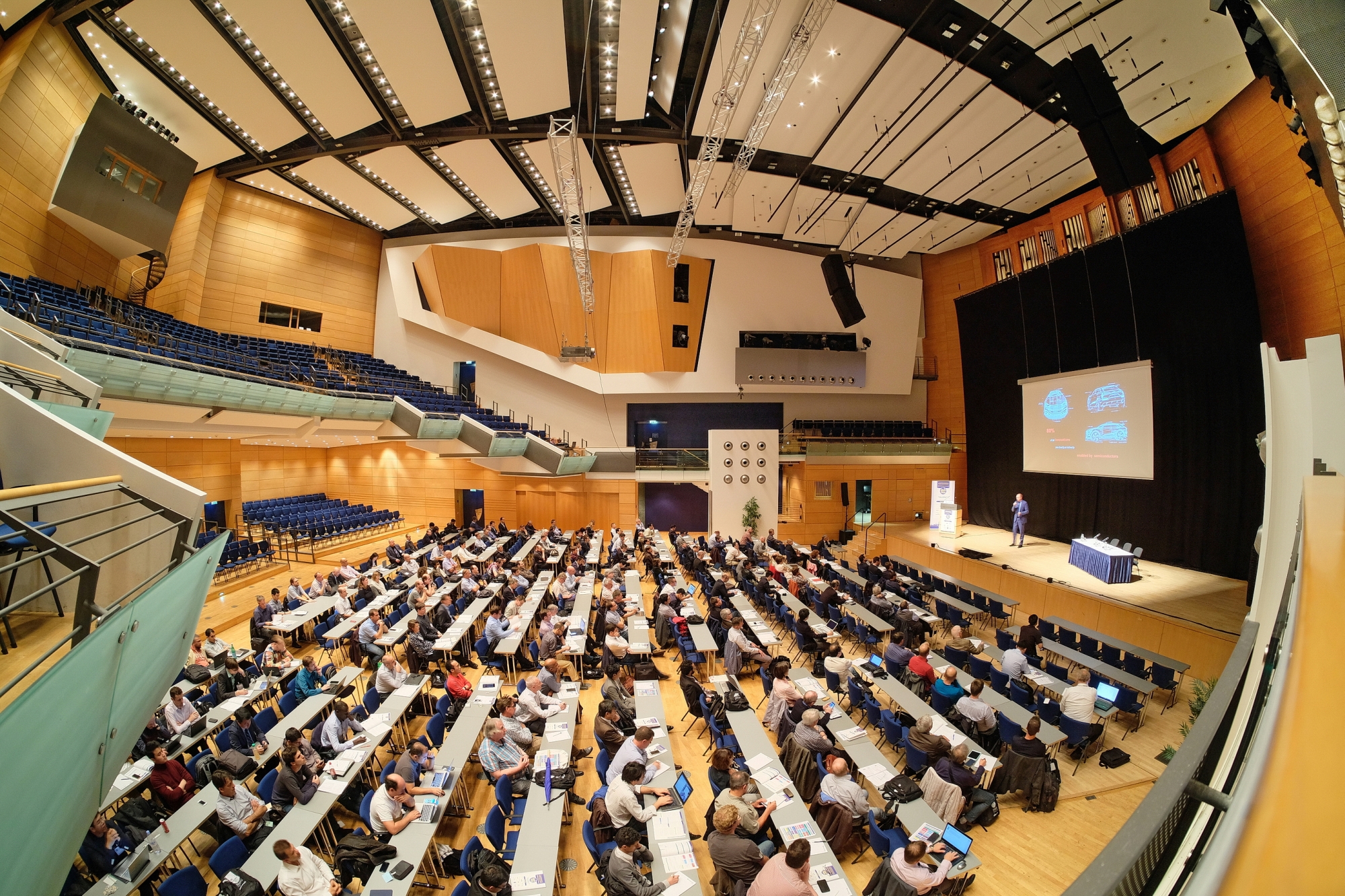ESREF in Halle: 400 participants from 26 countries set new incentives for the reliability of electronic components
The reliability of electronic components can be a decisive competitive advantage for the European microelectronics and automotive industry – the European Symposium on Reliability of Electron Devices, Failure Physics and Analysis (ESREF) closed with this conclusion. At the four-day conference in Halle (Saale), 400 participants from 26 countries discussed the significance of these issues and new trends in failure analysis, above all with a view to autonomous driving.

Autonomous driving offers a great deal of potential for more safety, comfort and efficiency in road traffic. If the chip takes over the steering wheel, however, it is necessary to ensure that all electronic components and systems in the car function perfectly. The experts from the automotive industry, semi-conductor production and science discussed the challenges this poses for research and development, along with other topics, during the ESREF 2016.
»The conference showed that in recent years the importance of reliability analyses and failure diagnostics has increased significantly in all areas. Efficient and at the same time very reliable electronic components are particularly essential for the automotive industry. High quality and reliability are competitive advantages of European manufacturers, which must be strengthened further. Their significance is not always appropriately recognized and taken into consideration in research funding«, said Prof. Matthias Petzold who, as head of the Center for Applied Microstructure Diagnostics at the Fraunhofer IMWS, organized the conference.
One of the high points of the ESREF 2016 was the podium discussion on the topic of »Reliability – becoming the key factor for electronics in Europe?«, during which Berthold Hellenthal (AUDI AG), Sabine Herlitschka (Infineon Technologies Austria AG), Mervi Paulasto-Kröckel (Aalto University), Yves Gigase (ECSEL Joint Undertaking) and Klaus-Jürgen Wolter (Georgia Institute of Technology) emphasized a further challenge for the automotive industry: Customer expect innovations from the consumer electronics sector to quickly find their way into the car – even if significantly higher requirements are set for the load capability and life of components in this area of application than, for example, their use in a smartphone.
Particular challenges result above all from the rapidly increasing complexity of component architectures, but also in mastering new semiconductor materials such as gallium nitride. Therefore, new approaches to research into material behavior and corresponding failure risks must be found quickly and suitable test methods must be developed.
The scientific program of the ESREF offered more than 120 talks, a poster exhibition and various workshops. International manufacturers also presented their latest failure analysis devices and methods in an exhibition. »I am very pleased with the decidedly large and extremely positive response to the conference. To be able to welcome 400 participants from 26 countries and for more than half of them to come from industry is a great success. We also consider this to be recognition for our institute in Halle and the internationally visible know-how that is available here«, said Petzold at the close of the event.